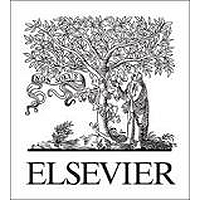Real-time monitoring of key performance indicator analytes such as acetate and propionate within anaerobic digestors (AD) is required for optimum biogas production. In this paper the further refinement of acetate and propionate whole cell (E. coli) exclusion biosensors is reported following an iterative process in which key metabolites that might interfere with O-2-uptake measurements are identified and genes required for their catabolism are knocked out (exclusion). Analysis of biological leachate from an AD reactor treating lignocellulosic material revealed the presence of formate, which was subsequently shown to elicit a response in previously developed E. coli biosensor strains. P1 phage transduction was employed to delete two genes encoding formate dehydrogenase, fdoH and fdnH, to eliminate formate catabolism. Deletion of these genes from the propionate biosensor strain W:ldgyepak abolished interference from formate and enabled accurate determination of propionate concentrations in biological leachate. However, the acetate biosensing strain E1/pGDR11-acs, despite not having any response to formate, responded to propionate. It was likely that this was a result of the promiscuity of the wild type acetyl CoA synthetase, which was replaced with Acs2 from Saccharomyces cerevisiae, resolving the problem and enabling acetate determination with the biosensor. Acetate and propionate concentrations in authentic leachate influent were estimated to be 26.5 mM and 65.5 mM, respectively, using the biosensor, and 26.6 and 70 mM, respectively, by HPLC, demonstrating the accuracy and specificity of the refined biosensor.

Improving the specificity of E. coli acetate/propionate exclusion biosensors via iterative engineering
Review badges
0 pre-pub reviews
0 post-pub reviews
